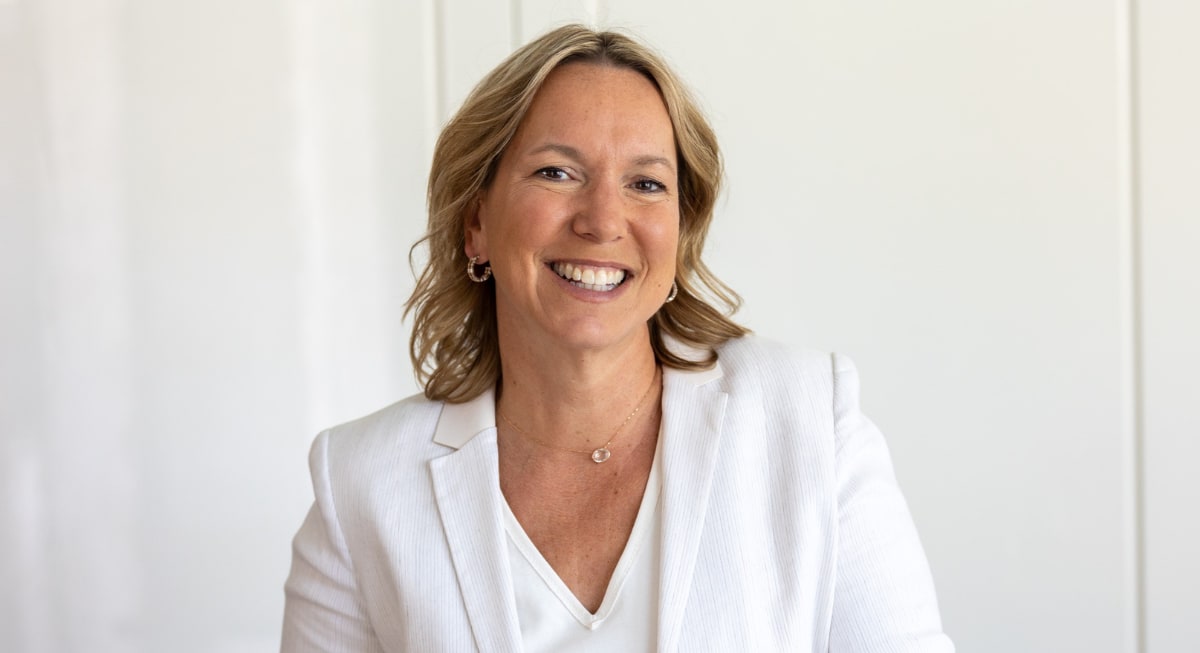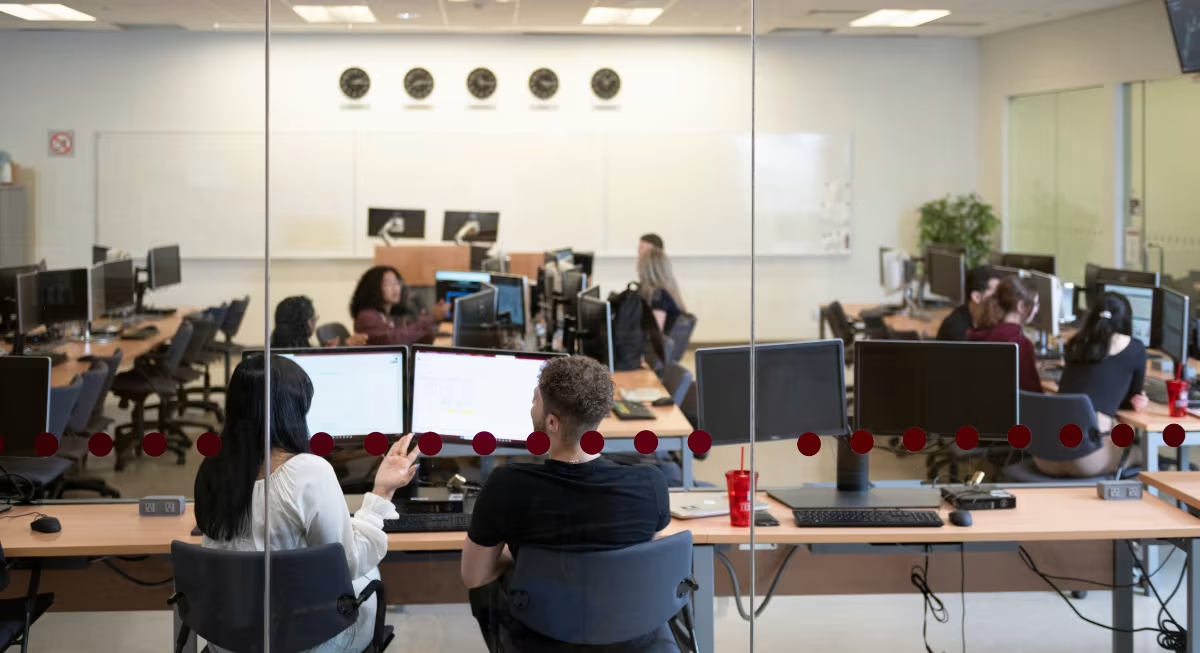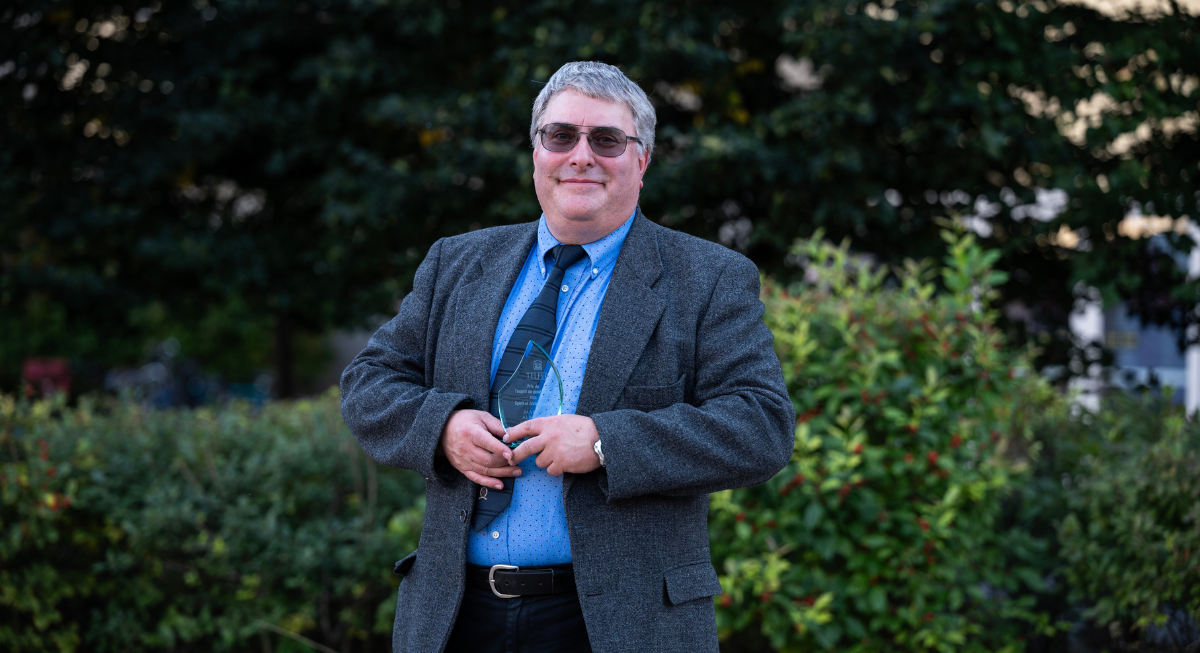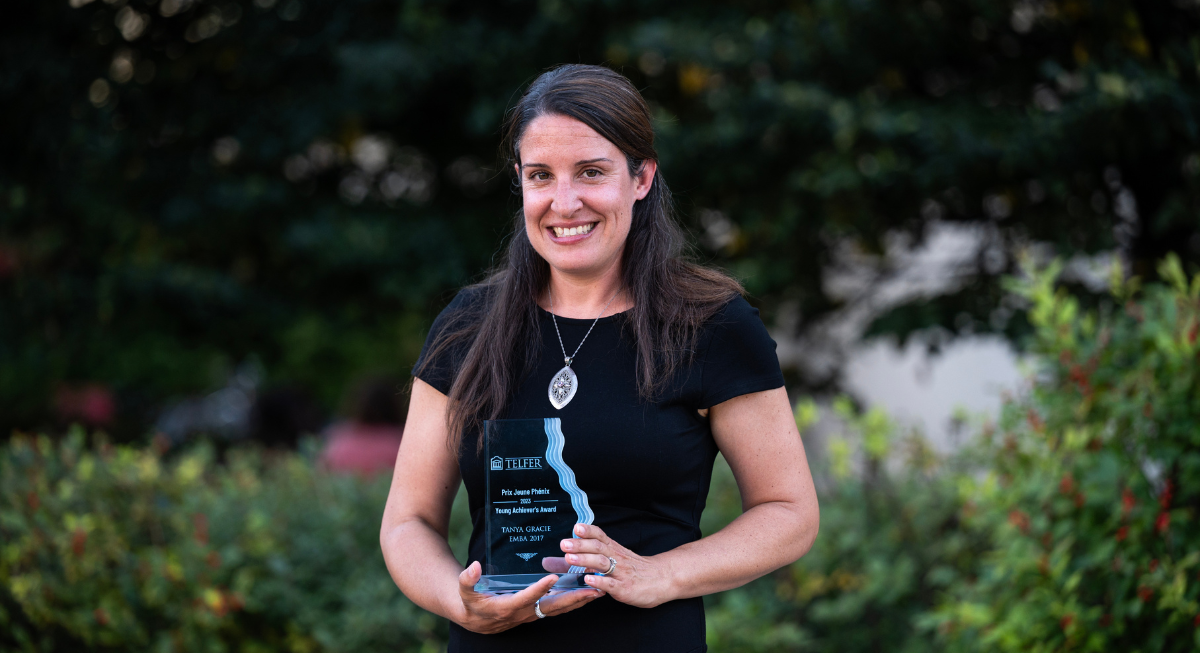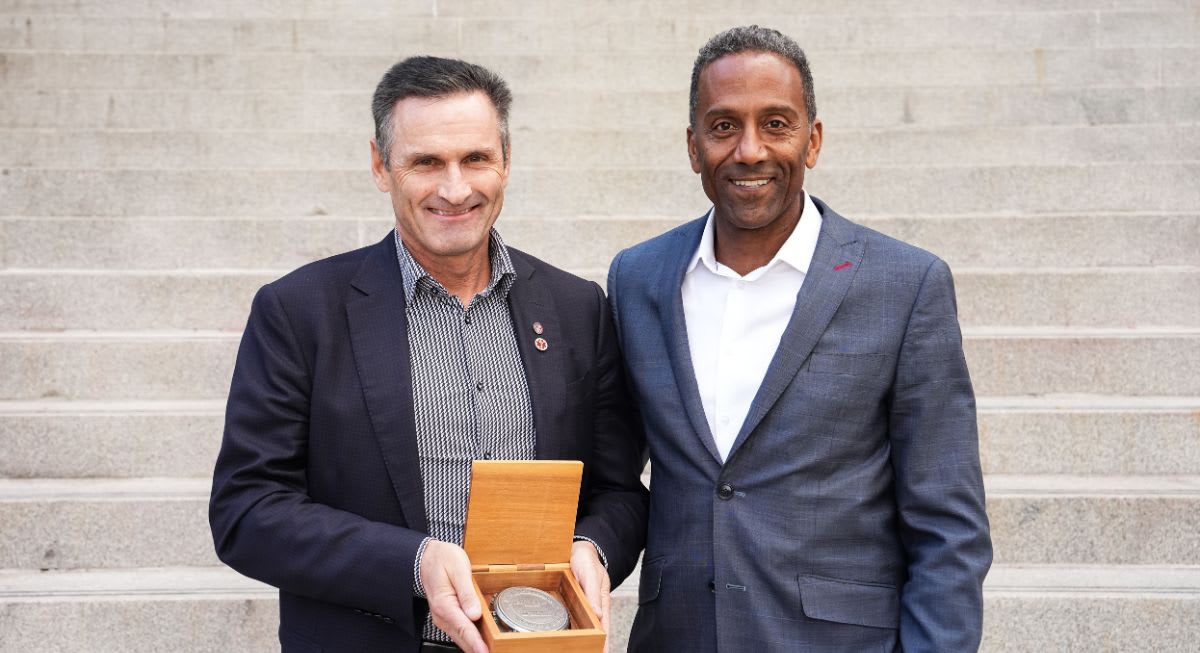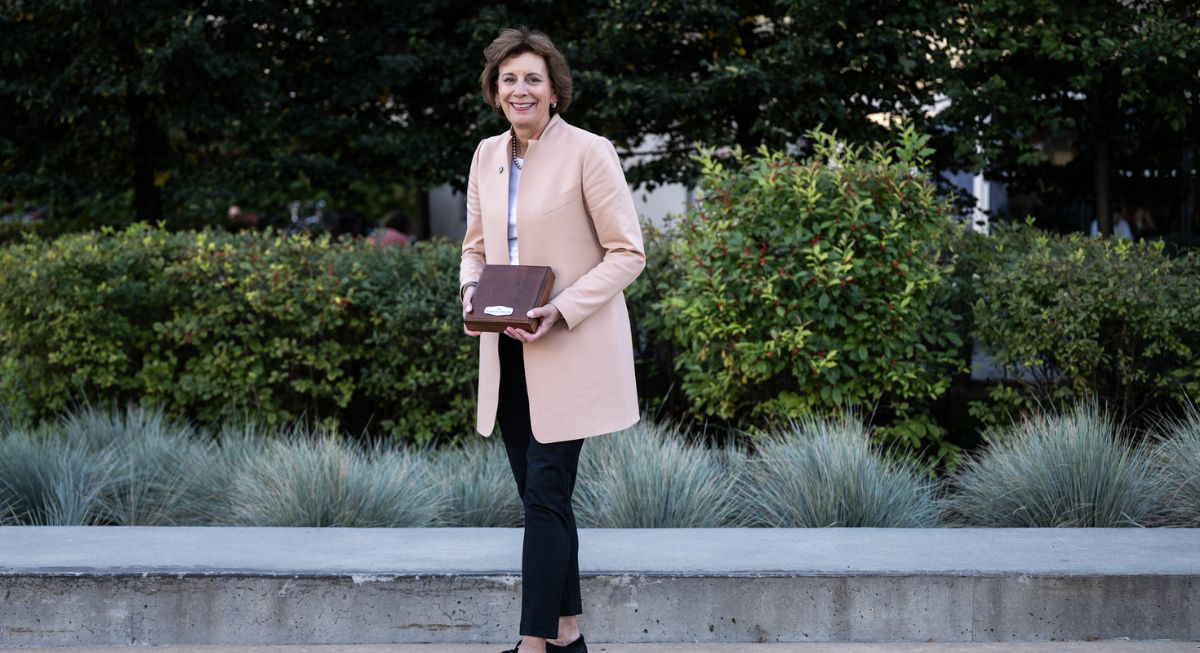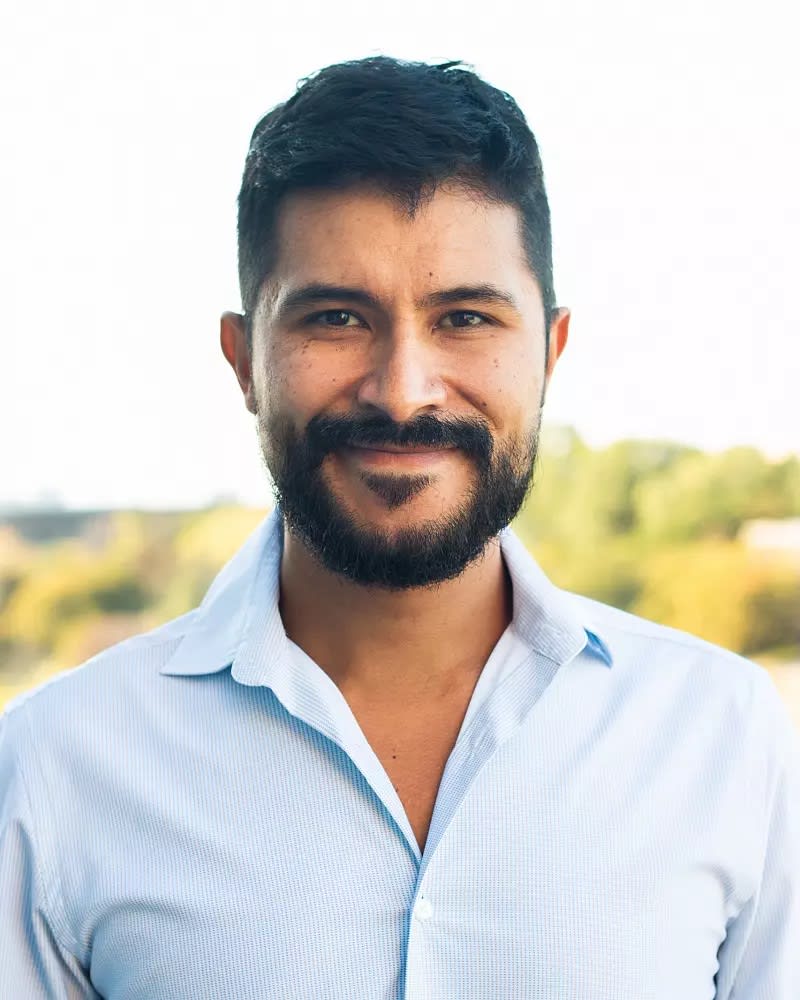Look at any discussion in Ottawa in the past two years exploring diversity and inclusion, youth leadership, and thriving organizations—Kathryn Tremblay (BCom’95) has most probably been at the centre of it. In fact, Kathryn has spent her entire career building the careers of others and creating meaningful work opportunities. In 1989, she co-founded Altis (formerly excelHR) while only in her second year at what is now uOttawa’s Telfer School of Management. She grew her business while studying part-time, and graduated in 1995 with a Bachelor of Commerce. Today, Altis is one of Canada’s largest independent recruitment firms, supporting 3,500+ clients and placing 8,500+ qualified candidates every year through specialized sister brands: Altis Recruitment and Altis Technology.
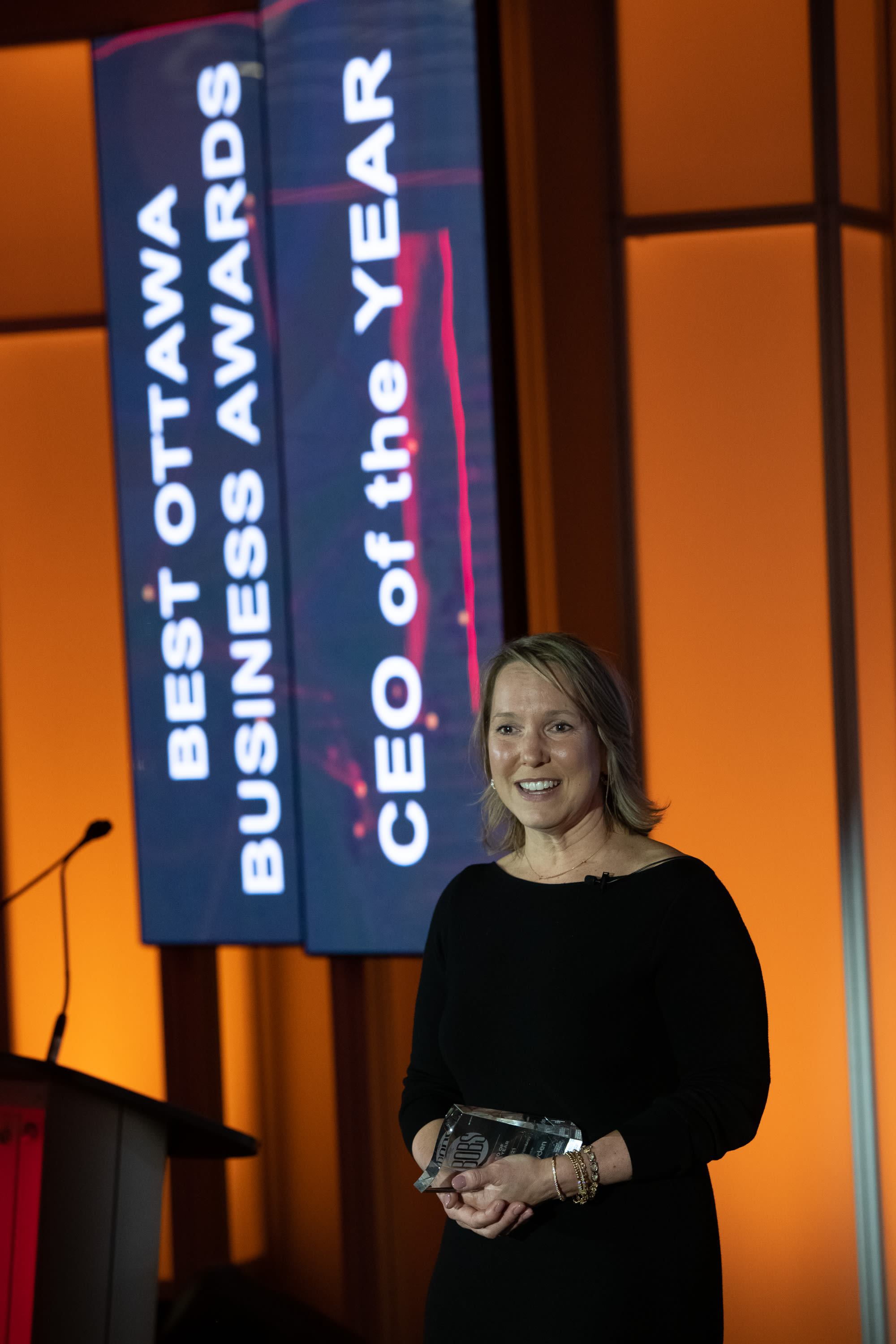
In 2021, the Ottawa Business Journal and the Ottawa Board of Trade named Kathryn CEO of the Year for her supportive leadership during the pandemic, which led to record-breaking revenues. That same year, she received the prestigious alumni award, the R. Trudeau Medal, from Telfer.
Today, Kathryn gives back as a member of the Telfer Strategic Leadership Cabinet and through philanthropic support of the University. A champion of gender equality, Kathryn mentors women in the workforce while running a certified woman-owned business by the Women Business Enterprises Canada Council (WBE).
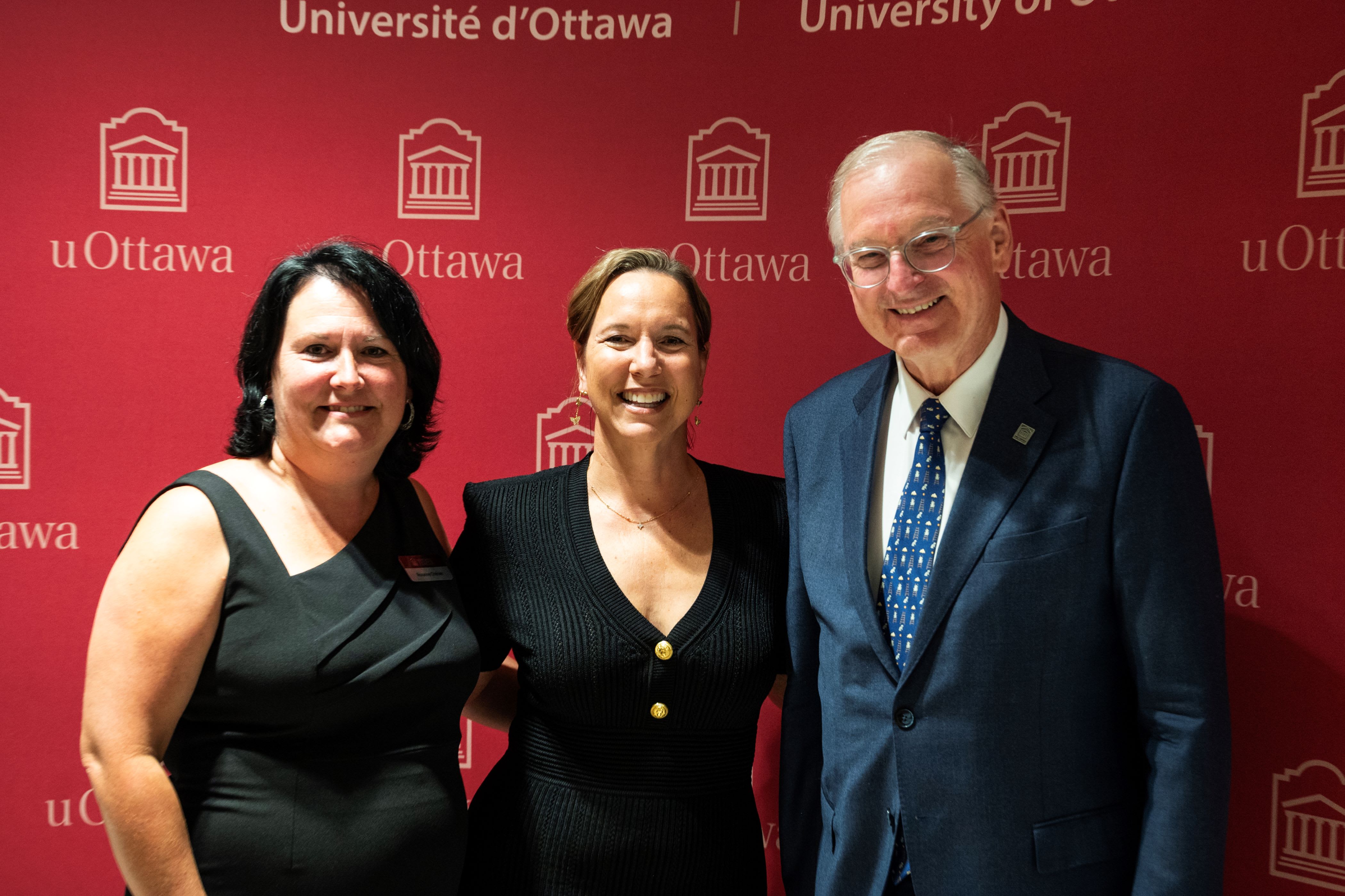
For Kathryn’s generosity, leadership, and commitment to making the world a better place, the University of Ottawa is proud to announce that Kathryn Tremblay is our 2024 winner of the Alumna of the Year Award!
Happier organizations: how?
Telfer’s vision for a happier Canada includes accessible and welcoming workplaces where employee well-being is a priority. With 35+ years of experience in human resources, Kathryn is a compassionate leader who knows a thing or two about building thriving, happy organizations. She regularly receives kudos for her tireless work to foster the well-being of her employees, clients, and candidates.
But what does it mean to be a successful leader in today’s world?

“A successful leader helps every team member navigate change, from the macro-level — political uncertainty, housing crisis, inflation — to the micro-level — how we participate in the world as individuals,” says Tremblay. “And to do this properly requires prioritizing your health and well-being as a leader, too.”
“A successful leader actively participates in the development of individuals and teams. They can find their happiness and ‘North Star’ in the organization,” she adds.
So, what does a company need for optimal growth? A diverse, inclusive culture; active learning and development; mentoring and coaching; and people-driven insights. It’s a place where you can be creative, have a voice, participate, and do the role to the best of your ability.
In short, “We want to know you,” says Tremblay, “It’s a complete person showing up in the workplace.” And the work needs to be meaningful, too.
What is meaningful work?
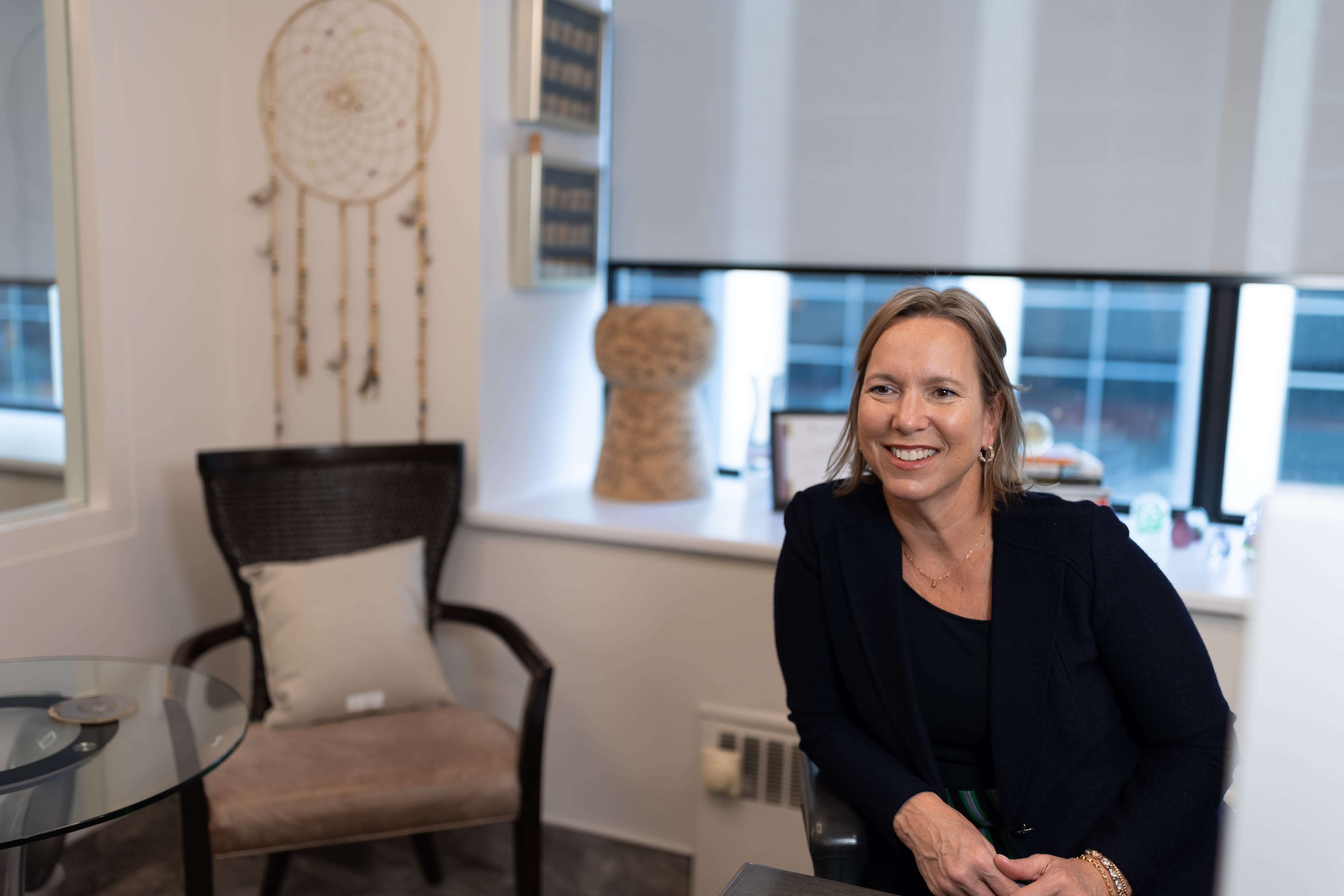
“I’m very proud of the work we do to match great people with meaningful work. We know that our individual and community wellness depends on having meaningful work,” says Kathryn.
At Altis, meaningful work varies—contract or permanent roles ranging from entry-level to executive positions in both private and public sectors and across a range of industries—IT, construction, non-profit, financial services, healthcare & science. With each placement, Kathryn and her team have built thousands of careers from coast to coast, which is another accomplishment she’s very proud of: Altis is one hundred percent Canadian-owned and operated with a fully onshore employee base.
Mental health and well-being in the workplace
It’s no secret that many Canadians are struggling with mental health, with anxiety and depression amongst the most common diagnoses. So, how can the workplace — where people spend 90,000 hours on average during their lifetime — support our population’s mental health?
“Mental health and well-being in the workplace are the biggest subjects on my mind right now,” says Tremblay. “This year, Canada ranked 15th in the World Happiness Report. Before, we were in the top 10. For those under 30 years old, Canada’s happiness score dropped to 58th. If millennials and Gen Z feel disengaged from work, feel like they have no purpose, and can’t buy a home, this will undoubtedly affect their happiness and ability to be their best at work.”
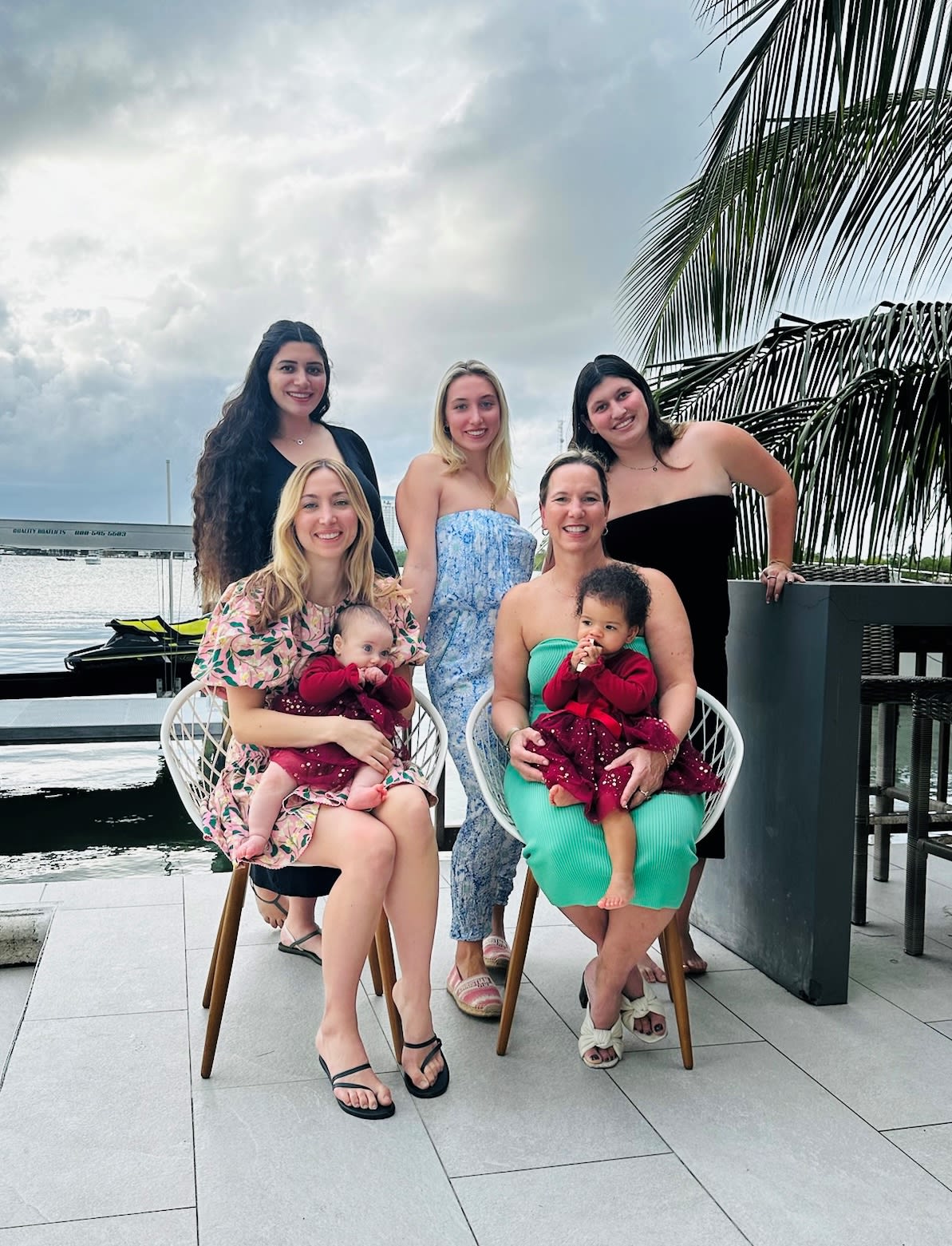
As the mother of four daughters and now a grandmother, Kathryn believes that everyone — employers, teachers, parents, and family members — has a role in cultivating positive emotional health. How do we behave as leaders, what are the support programs in place, and are there open conversations about mental health?
A happy workplace means social and professional connections, deep trust within teams and between leaders, and meaningful work.
“We can’t fix mental health, but we can participate in making it significantly better,” Kathryn says.
At Altis, Kathryn has been bringing her words to life with action for years. For example, Altis offers “flex days,” where every two weeks, employees can take a fully paid day to do quiet focus work and put energy into “life stuff,” like taking their kids to a park, doing errands, or caring for their family members. In other words, blending work and home priorities in a way that feels achievable.
University of Ottawa: Where it all started 35 years ago
Fully bilingual, Kathryn started at uOttawa at 18, studying languages and translation for a year. She built a strong foundation in her first-year English, French, Spanish, and Philosophy classes, before switching to a BCom. At 21, she co-founded her business with her late partner Antonio (Toni) Guimarães, whom she met at a local staffing agency.
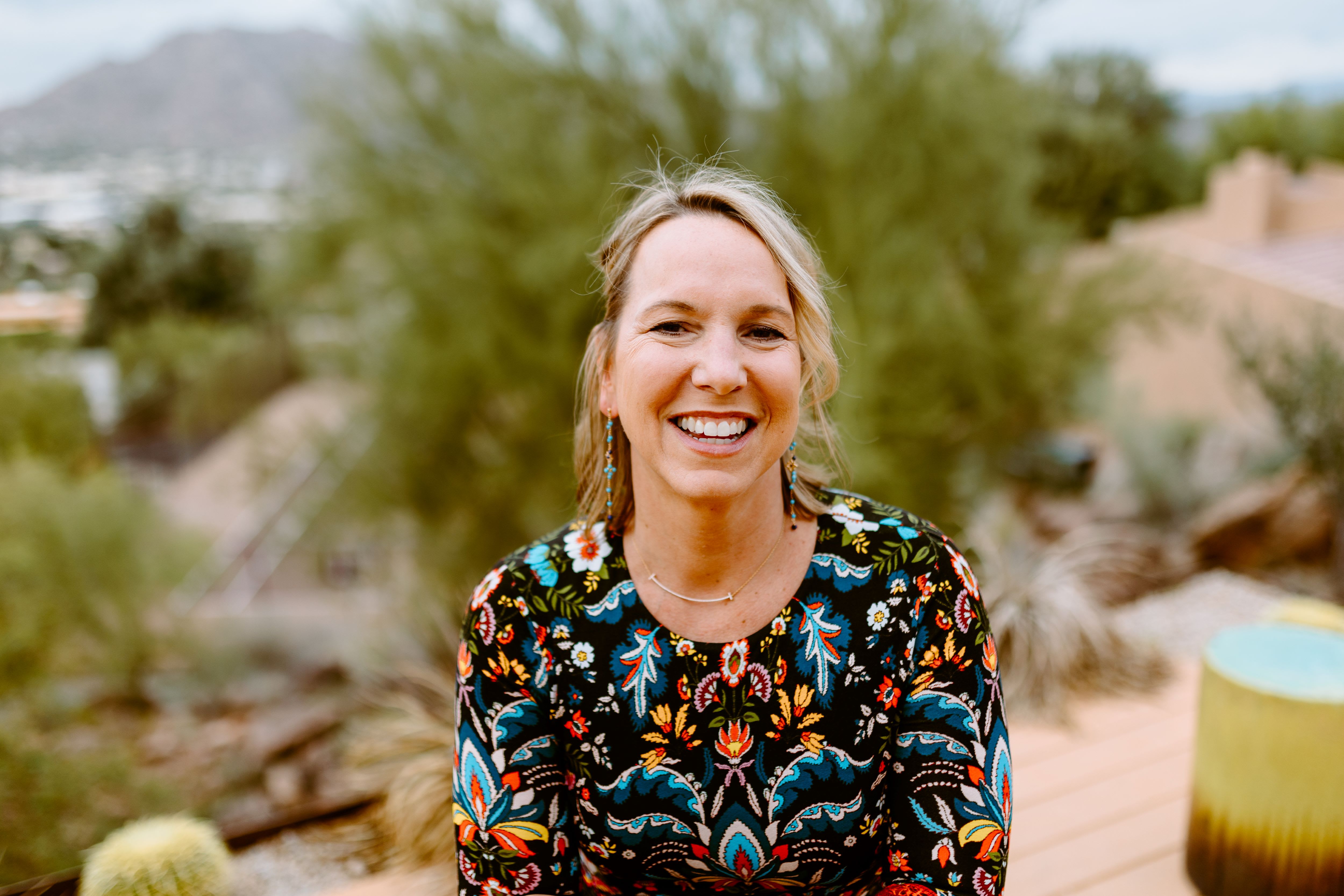
It wasn’t easy for the young entrepreneur to study and build a company at the same time. “I was applying what I was learning directly to my business,” recalls Tremblay. “When we started measuring the output of our service with insights from Dr. Ahmed’s 3rd-year Production and Operations Management class, it had a lasting impact on our business. Professor Ahmed kick-started our metrics and data!”
It took Kathryn six years to complete the final two years of her degree part-time in the evening while working full-time during the day.
When she re-engaged with the University as an alumna a few years later, Tremblay reconnected with business leaders in the community whom she had met at school, as well as successful alumni from other years. “It’s a continuum of learning and insights from then and now,” adds Kathryn.
Alumna giving back to the University
Today, Tremblay is passionate about giving back. She is working with uOttawa’s Thriving Organizations Research Collective on studying workplace wellness. The work is bridging the gap between research and the real world, currently analyzing where women in leadership fit in.
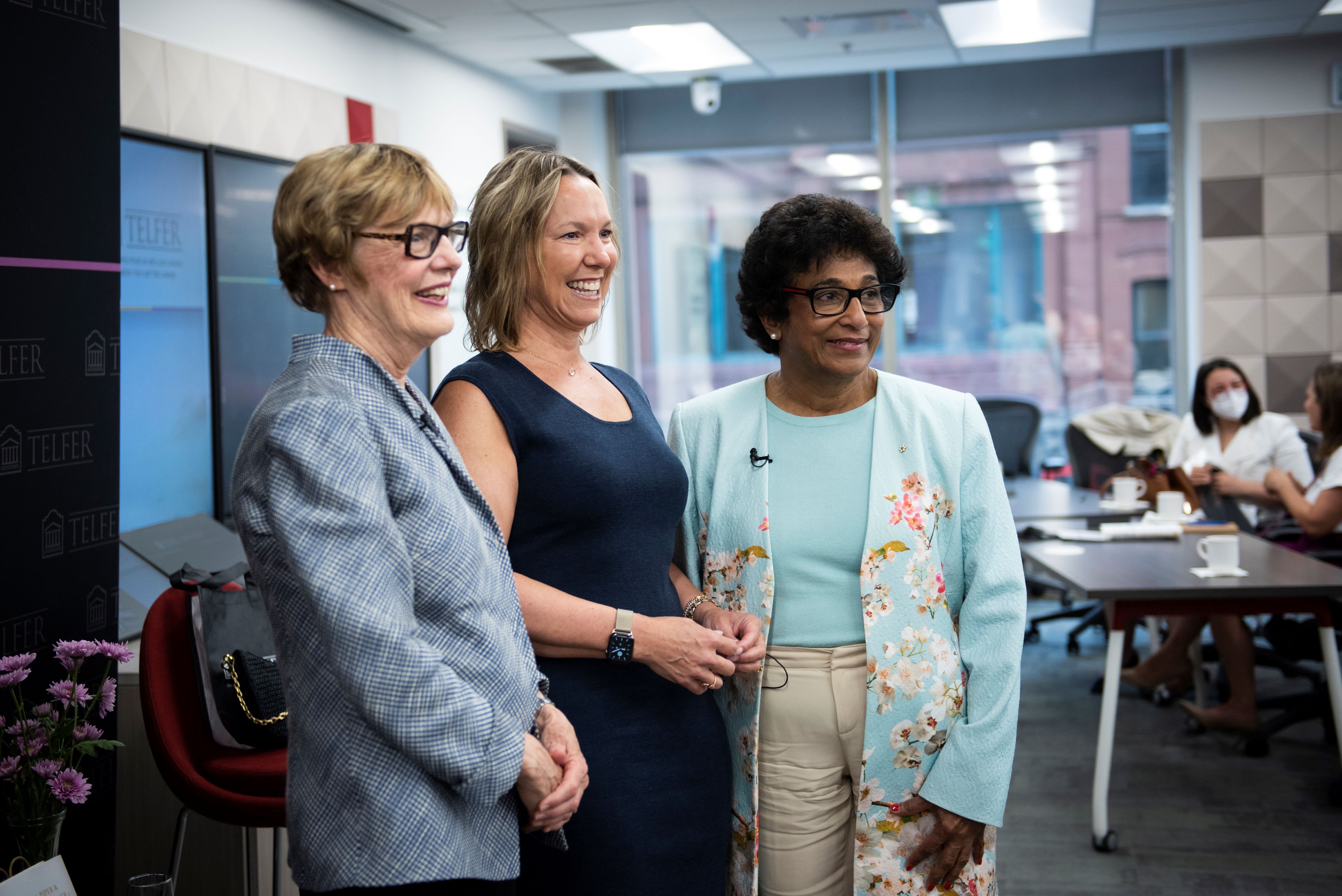
As the leader of a certified woman-owned business and consistently one of few women at the C-suite table, Kathryn has noted a decline in the representation of women in executive roles. She works to move the dial, so all genders are represented equally. She also supports uOttawa’s Triple I Lab, a female-led program researching Inclusion, Interaction, and Intervention, as a philanthropic donor and an active employer participant.
“My interest in giving back, whether emotionally, financially, or with my time, is to make a difference for future leaders, whether in managing workplace mental health or making executive roles more accessible to women,” says Tremblay.
Kathryn Tremblay’s personal motivation
The labour market. Philanthropy work. Lively family. Thriving business. How does one do it all?
“The world is a harder place right now,” admits Tremblay. “What keeps me going is that I can see the impact I make on individuals in my organization.”
“I’m excited about my journey,” says Kathryn about her role. “I will keep going and growing with a robust leadership team, facing those challenges that we are all facing together. I will keep being part of the solution and sharing my lessons and my journey with my community.”
Happier organizations: Diversity, equity, inclusion
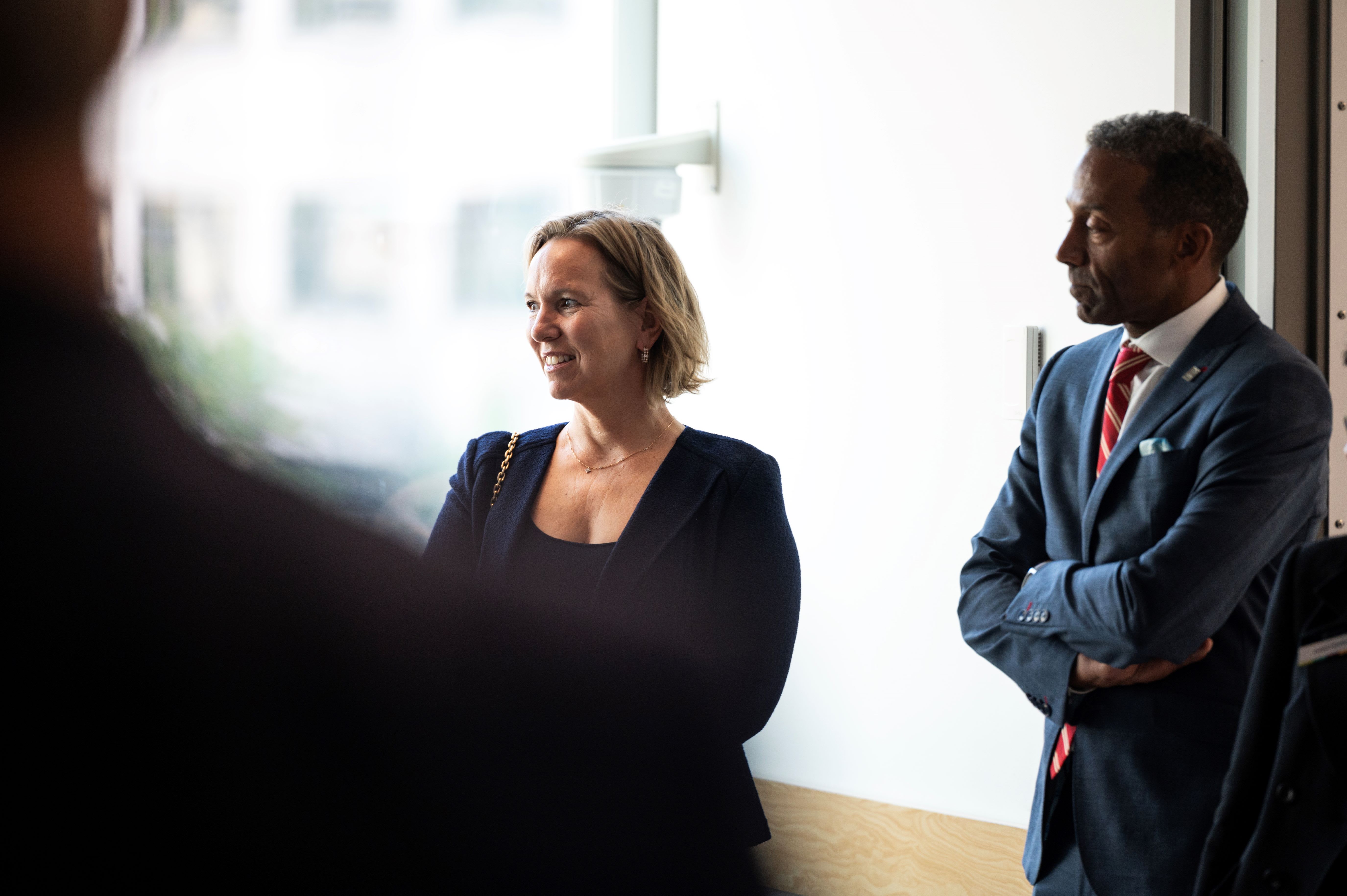
“I hope I do everything I possibly can to foster a more inclusive, equitable workplace,” says Tremblay, “but I know it’s never enough, the job is never done. I mean it on all levels—religious, gender and sexual identity, socioeconomic status, mental health, ability, and disability. I don't think of diversity as strictly race, it’s intersectional.”
For a long time, Kathryn ran her business thinking it was inclusive, and that because Canada is a welcoming place, newcomers had ample opportunities. However, she began to see the systemic barriers that many newcomers face and realized she wasn’t doing enough.
Altis paid newcomer program
“Inclusion is a powerful space,” says Tremblay. “Imagine if you feel included in what you are doing.” Newcomers don’t feel included when they try to get their first job. It’s a struggle for many, for a variety of reasons.
Altis created a paid apprenticeship for newcomers to Canada. The 8-10-week program provides participants with paid professional development, networking opportunities, job search support, and hands-on work experience, opening the door to future work opportunities in this country, and supporting them with their resume and career path.
“All participants from the program are now working full-time and earning a good income,” shares Kathryn. Altis has taught 80 newcomers in the last six years, making a real-life difference, one person at a time. There is another cohort starting soon.
“The participants start with Altis and we train them,” explains Tremblay. “They already have a good foundation, and we provide a foot in the door, showcasing how different departments work, so they learn the cultural context and norms of working here. Then, we help them find a permanent job by matching their skills with opportunities.”
“It’s not for them to work with us directly but for them to conquer the world!” adds Tremblay.
Kathryn Tremblay: Job advice for students
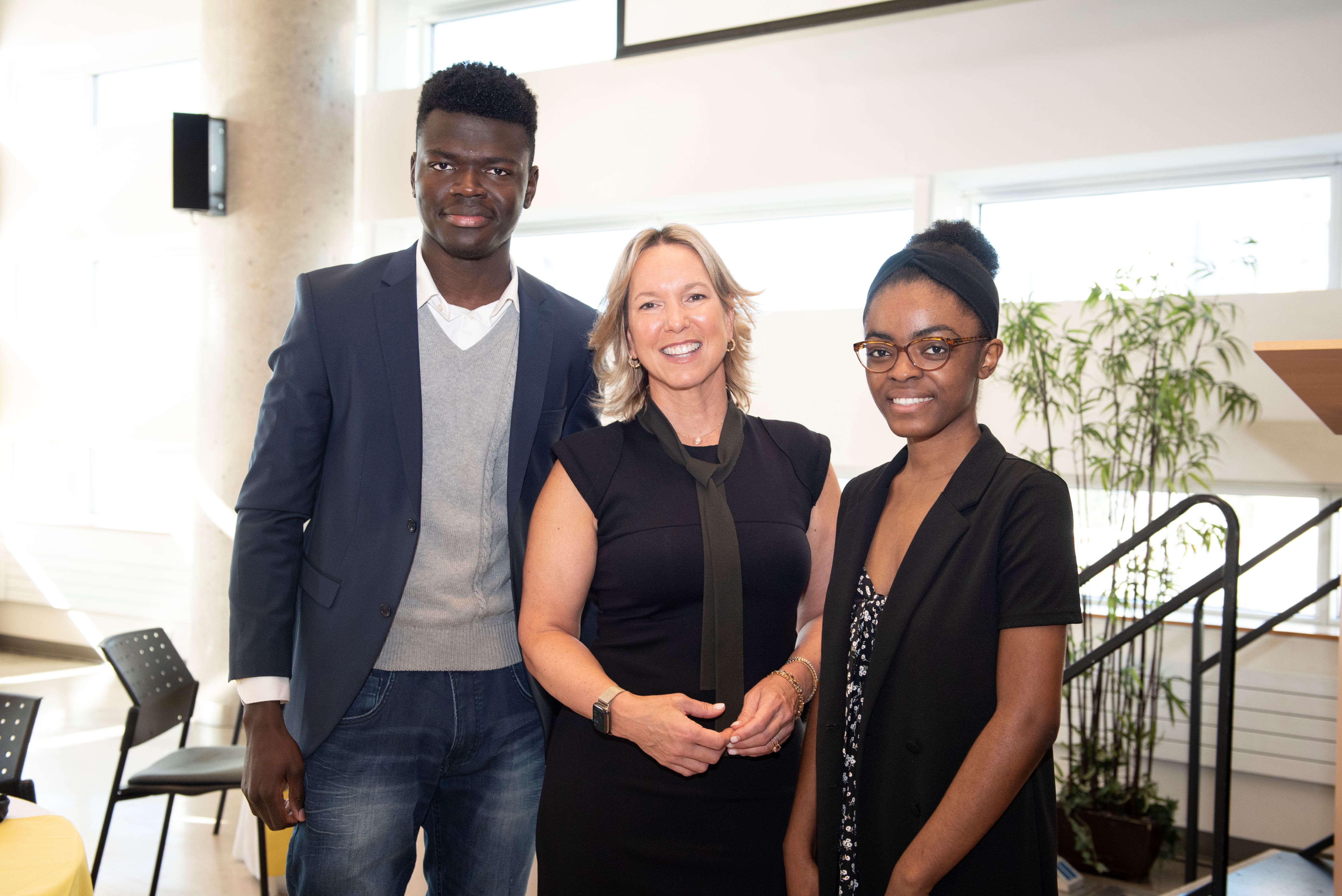
Before you go out there and network, do your research. Select a career with great possibilities for future growth: healthcare, trades, construction, technology, and learning industries are all viable options. If these areas aren’t aligned with your main field of study, see how your skills could be transferable.
Then, use all the resources available to you—find summer jobs and co-ops, visit the Telfer Career Centre, make connections with real-life employers at various events like the Career Fair, and ask for help. “People want to help people,” adds Kathryn, “If you simply ask for help, you will get a positive response.”
Often, students need help getting their foot in the door, but they must not sit idle either. Get on LinkedIn, reach out to people, network, and make sure your resume looks good.
“Don’t use ChatGPT to write your resume!” says Kathryn. “Everyone knows immediately when ChatGPT writes it because it’s formulaic, formal, and uses the same words. Instead, use the tool wisely as an ally and remember to edit everything to be truthful and authentic to your unique self.”
“Technology is part of every role these days, so lean into it,” she says.
Focus on your education, know your professors, and create a network at school—that’s your future hiring team!
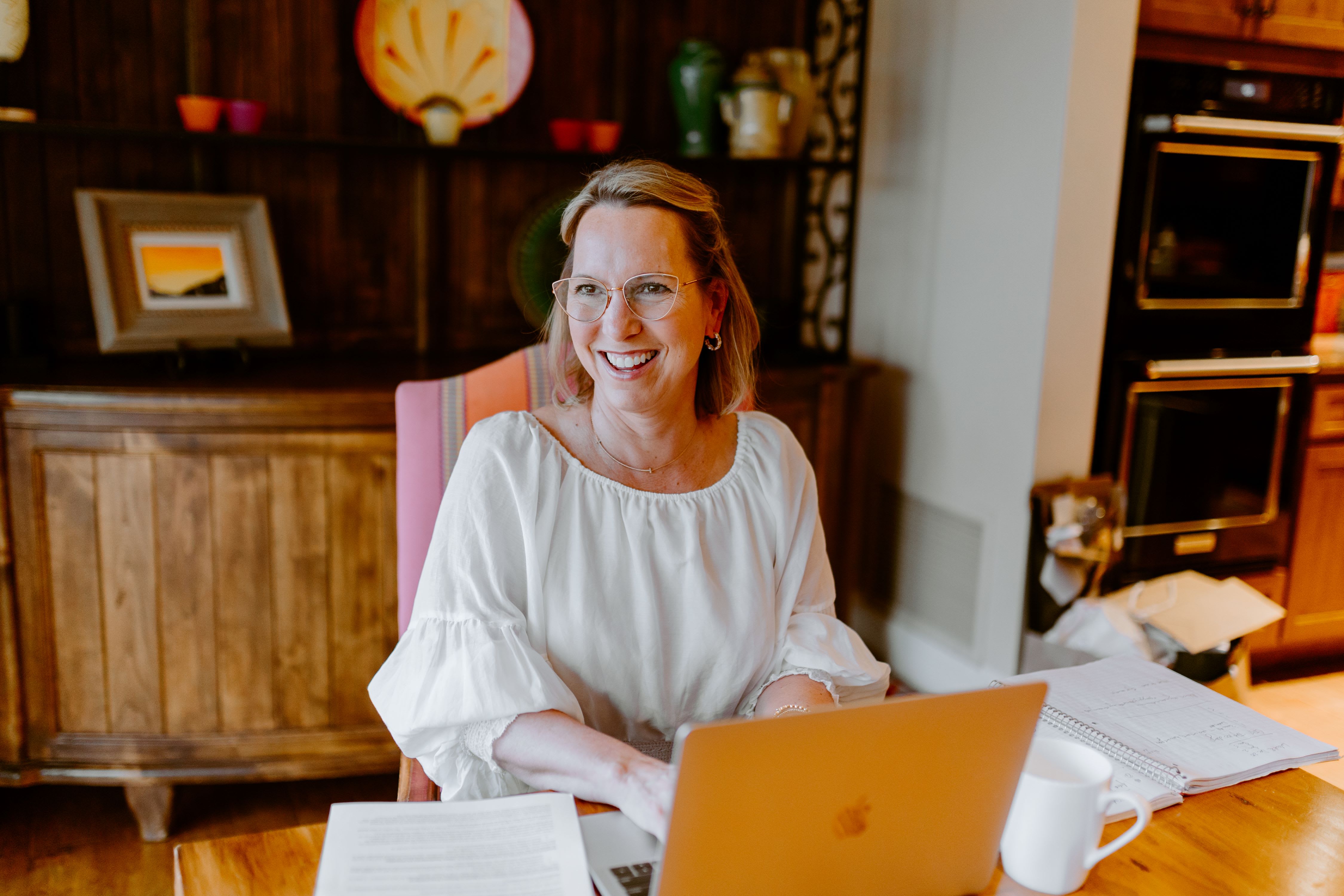
“And remember, diversity and inclusion are everything,” adds Kathryn. “Growing up at this time, you can have an open mind, which is special. Learn about all cultures and customs because it can change everything and make your future brighter. Lean into humanity.”
We can’t wait to see how much more Kathryn will accomplish and we are proud to call her the 2024 Alumna of the Year at the University of Ottawa!
Connect with Kathryn on LinkedIn. Learn more about Happier Organizations.
